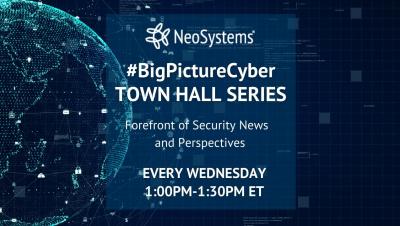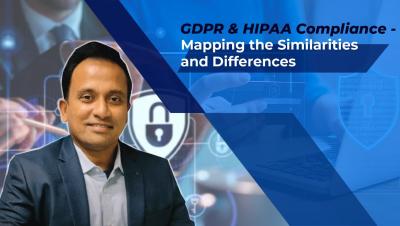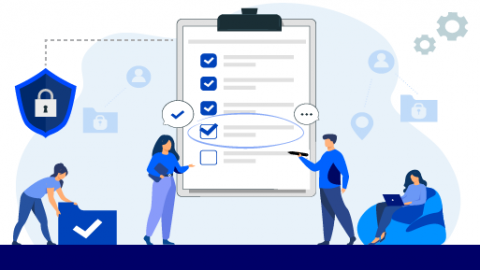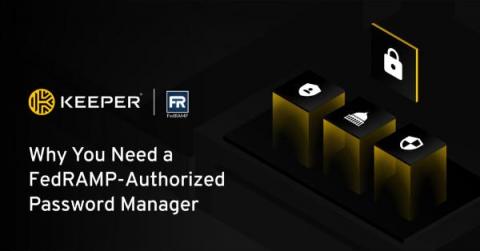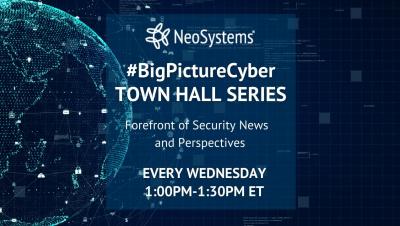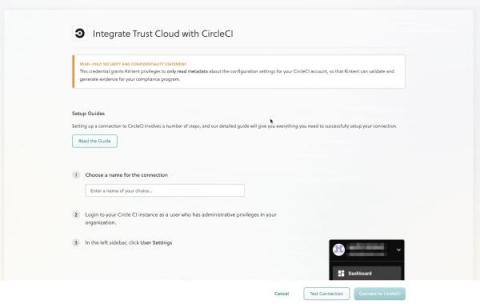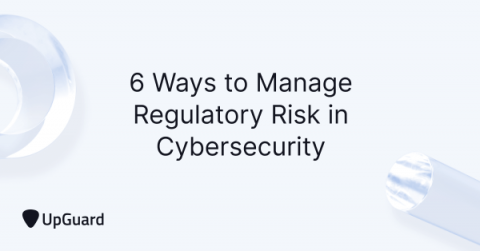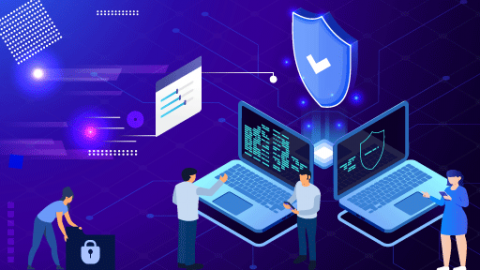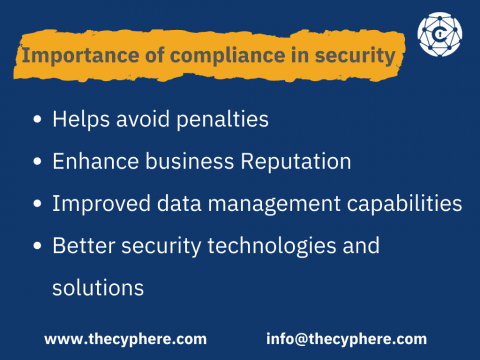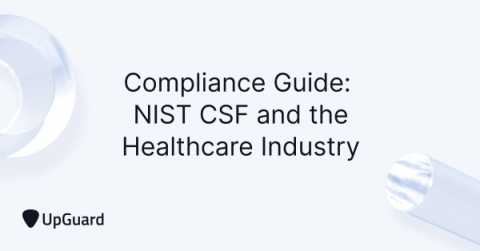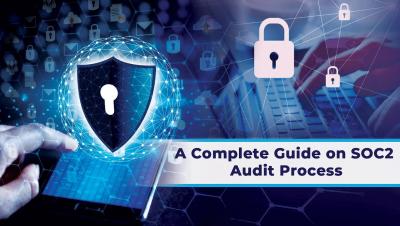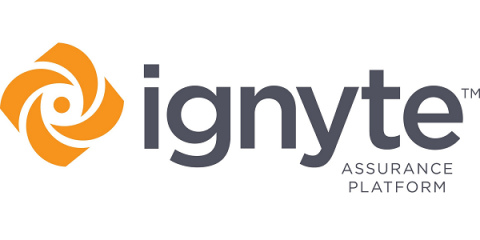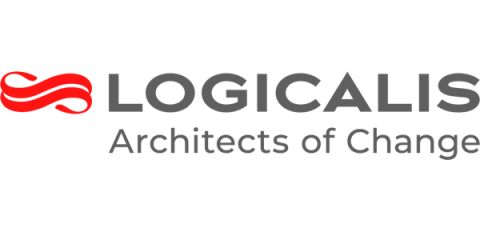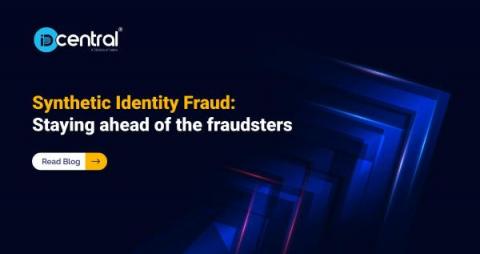Security | Threat Detection | Cyberattacks | DevSecOps | Compliance
August 2022
GDPR & HIPAA Compliance- Mapping the Similarities and Differences
HIPAA Compliance Checklist 2022
The Health Insurance Portability and Accountability Act (HIPAA) is a data privacy and security regulation for the healthcare industry. It is a comprehensive regulation that ensures your organization complies with the requirements of HIPAA. Organizations looking to achieve HIPAA Compliance must meet the requirements outlined by the regulation. Further, failure to comply with HIPAA regulations may result in substantial fines, especially in case of an incident data breach.
Why You Need a FedRAMP Authorized Password Manager
Looking for tools and technologies to help protect your government agency or public sector organization from cybercriminals can be intimidating. Luckily, the Federal Risk and Authorization Management Program (FedRAMP) has made the selection process more manageable. Government organizations can use the FedRAMP marketplace to find and compare credible and secure authorized vendors.
Automation of Risk and Security Compliance Is No Longer a Choice
New Integrations Just Announced: CircleCI and Travis CI
Since working on a spreadsheet, you and your team have come a long way. You’re enjoying the ease of working in TrustOps because it automates control mapping, test creation, and evidence workflows. However, you’re looking for ways to save a bit more time, so you can focus on your day job and growing list of priorities. Collecting evidence to validate compliance controls takes time and affects your team’s productivity, including HR, IT, and DevOps.
6 Ways to Manage Regulatory Risk in Cybersecurity
Keeping up with ever-changing regulatory requirements for cybersecurity can prove difficult for many organizations, which may unknowingly become non-compliant if they fail to adapt to new laws and regulations. Healthcare organizations and financial services must be even more vigilant with compliance. Both sectors are subject to even stricter requirements due to the large quantities of personally identifiable information (PII) they manage.
The Importance of Cybersecurity Compliance Training for Your Business
The importance of cyber security compliance training cannot be underestimated, especially in the current era where we are seeing an increasing number of cybercrimes in the industry. As a business owner, conducting cybersecurity compliance training is now not just an option but an essential part of cybersecurity and various compliance programs. Unfortunately, most businesses are still far from taking such training programs seriously.
Cyber Security Compliance
Usually, IT professionals and newcomers to the information security domain confuse security and compliance, which is not their fault. Both are to protect individuals’ and businesses’ digital and physical assets through appropriate security measures.
Compliance Guide: NIST CSF and the Healthcare Industry
Today’s threat landscape is driven by digital transformation and the outsourcing of critical operations to third-party vendors. Cybercriminals’ high demand for sensitive data paired with a historical lack of cybersecurity investment across the industry is cause for concern. Healthcare organizations recognize they have the choice to either increase their cyber spending or inevitably fall victim to a costly data breach. However, investing in cybersecurity solutions alone isn’t enough.
A 5 Step Checklist for Complying with PCI DSS 4.0
In March 2022, the Payment Card Industry Data Security Standard (PCI DSS) was updated with a number of new and modified requirements. Since their last update in 2018, there has been a rapid increase in the use of cloud technologies, contactless payments have become the norm, and the COVID-19 pandemic spurred a massive growth in e-commerce and online payments.
How to Comply with HECVAT in 2022
The Higher Education Community Vendor Assessment Toolkit (HECVAT) helps higher education mitigate the impact of security risks of vendor relationships offering cloud-based services. With supply chain attacks on the rise, and vendor risks ranking in the top three initial attack vectors for data breaches, HECVAT compliance is becoming a mandatory requirement for partnering with higher education institutions.
A Complete Guide on SOC2 Audit Process
The LI-SaaS Path to a FedRAMP Authorization
So many great software and cloud-based organizations turn away from working with the US Government because the authorization to operate (ATO) processes are prohibitively complicated, expensive, and time intensive.
Logicalis Acquires Q Associates to extend specialist Microsoft and data-centric IT services capabilities across their UK&I operation
Synthetic Identity Fraud : How AML/CFT compliance can help in building brand trust
Identity fraud has been a significant threat to businesses. Industries related to finance and financial institutes, tourism, and hospitality are the most affected by this. Although scammers use various methods and tricks for identity theft, synthetic identity is a major concern and is a popular trend amongst fraudsters. Synthetic Identity Theft is a complex form of theft in which the person’s identity is imitated.
Meet the Trust Champions that Led BigSpring's SOC 2 Process
What is a Trust Champion? A Trust Champion is the person who helps their organization measure and meet its internal compliance obligations. Their actions support revenue-generating activities, protect their organization from legal and contractual liabilities, and enable the organization to confidently and transparently showcase an intentional, robust, and differentiated culture of trust. Arun Nagarajan – Co-founder & CTO – has led the compliance journey at BigSpring.


